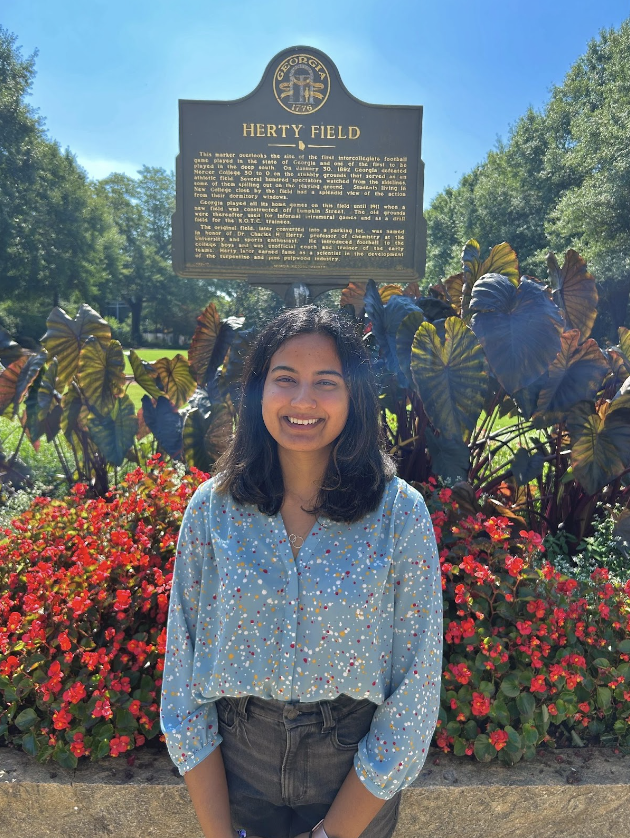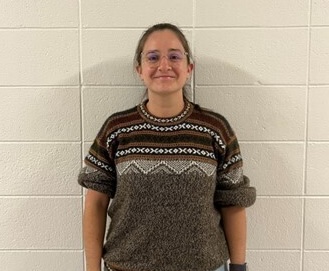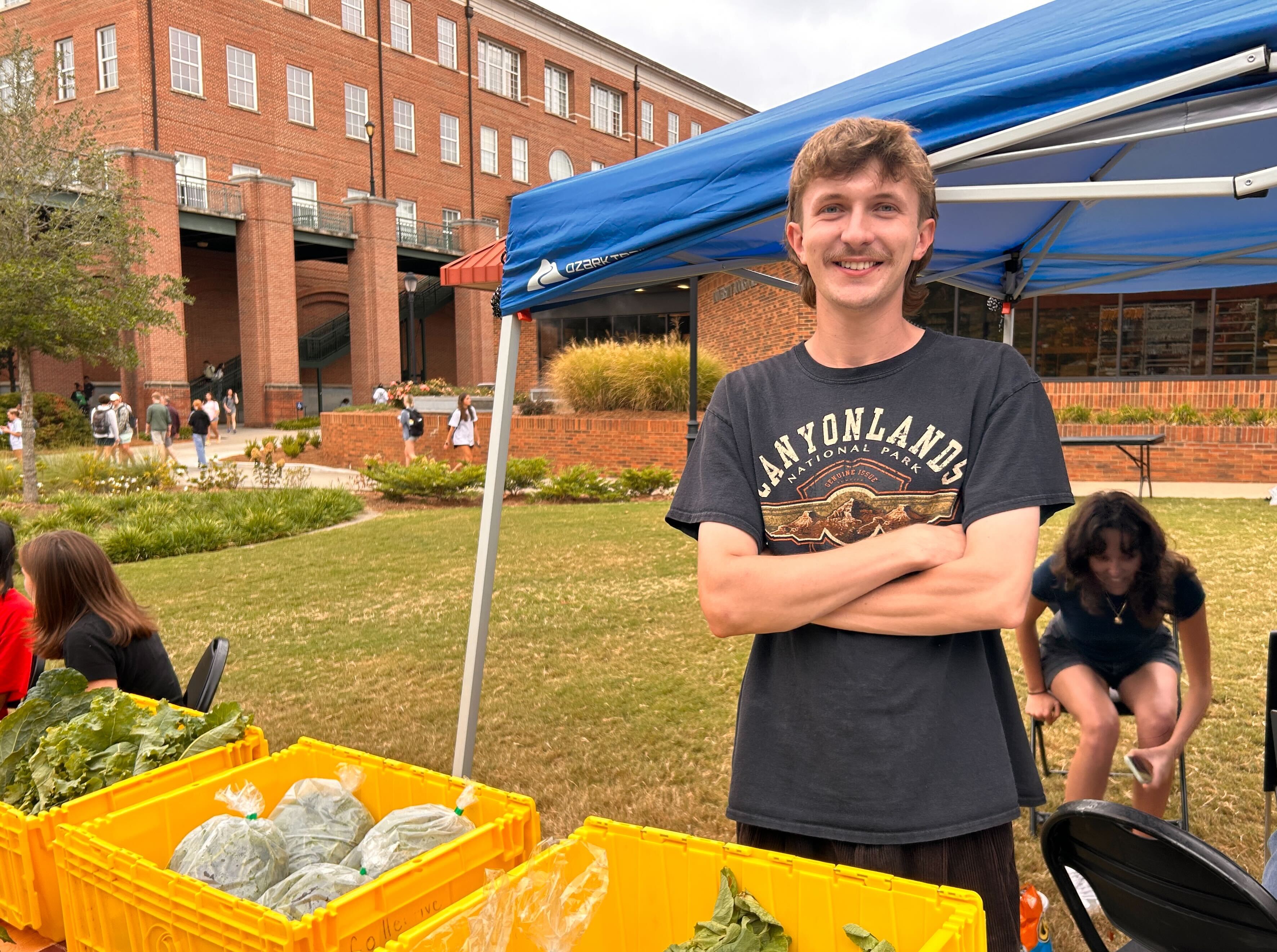Anvika Menon is the senior policy adviser for UGA’s Arch Policy Institute, a nonpartisan organization that allows students to discuss, write and implement local policies.
Q: What are some of the best policy proposals from across campus that you hope to implement?
Some of the ones that come to mind that our centers have worked on in the past was a telehealth program to bridge the gap between people who can’t get access to medical care and people who work within the healthcare systems. They are working with the University of Georgia School of Social Work right now, and a few other departments on campus to put together an ambassadors program. There would be these telehealth interns that come in, who are graduate students, whose job would be to help patients navigate digital medical platforms.
Q: Is there anything that you think can be implemented in schools to increase the literacy rates for minorities?
I think the scaffolded reading program that the education policy center was working on is data driven and expert approved—they’re working with a UGA professor on that proposal. Giving students access to books and letting them choose which books they’re interested in at an earlier age can help them foster a love of reading that carries them forward. I think earlier interventions that make sure that they have those core, foundational skills of reading are really important to make sure that they are not set behind and then have to catch up when they’re older.
Q: How do you think schools can help make the transition more comfortable and easier for transfer and immigrant students to fit in?
One thing that stands out is having additional support for speakers of other languages. Another thing that’s come up was changing the way we test for gifted education. A lot of the tests tend to be verbal or mathematical based. They often disadvantage minority students who either are from immigrant communities and didn’t grow up speaking English, or minorities who don’t speak Standard American English. The way that we isolate students for testing could be different, and the advantage of that is that it closes some of the achievement gaps within gifted education.
Q: What is one thing that you would like to tell students who are worried about how this upcoming election will affect the method by which policies are suggested and implemented?
I think one thing to keep in mind is that local policy and what happens in local government is usually far more efficient and less partisan. I think a lot of students have this misperception that government is synonymous with hatred, arguing and inefficiency. What happens in November will undoubtedly affect some of the policy goals we have, but I think it’s also comforting to know that within Athens’ policy — it probably won’t be as divided or as inefficient as we see at the federal level.
Comments trimmed for length and clarity.
Sinta Halilu is a journalism major covering city-county government.









Show Comments (0)